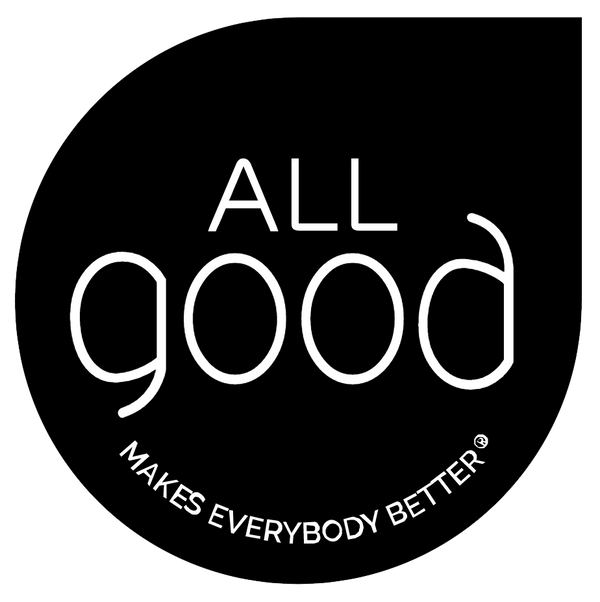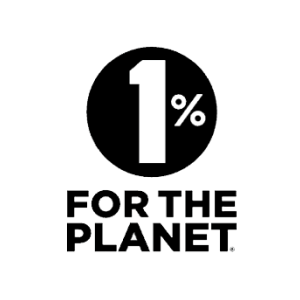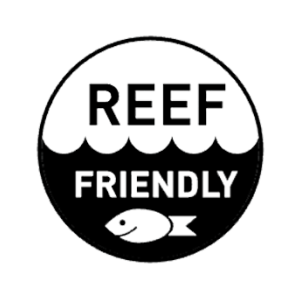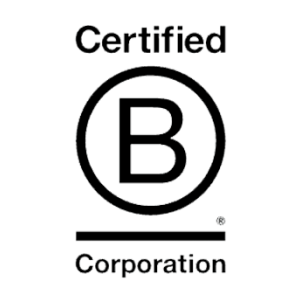Water bottles, bottle caps, straws, even shopping bags, the list of plastic products that end up in our environment can feel overwhelming. Plastic packaging is so pervasive that it’s easy to forget just how much plastic we consume. Although a cheap alternative for packaging and other common goods, the true cost can be seen in the devastation of our earth. Plastics made up of planet-warming fuels like gasoline and oil have an alarmingly slow decomposition rate, motivating people across the world to reuse and recycle plastic. But what about implementing a dramatic and collective shift from plastic use altogether?
“Plastic free” may seem like a difficult concept to wrap our heads around, a plastic free movement has already brought a number of alternatives to the forefront. A major step in renewable development, people are adapting their lifestyles through their daily choices, such as using cloth bags instead of plastic, or bringing along mason jars rather than taking away single-use cups. There was a time not long ago that plastic was only a fringe portion of modern living. But now, it has become convenient and thus incredibly difficult to eliminate from our routines completely. There is hope for the reduction of excessive packaging and single-use offerings we as individuals consume. But before we look at next steps, let’s reflect on how our lifestyle drives our consumption.
I think I’m ready to adopt a more plastic-free lifestyle but where do I start?
Initially when you begin to adopt the plastic-free (or at least reduced-plastic) lifestyle, you’ll realize you see plastic everywhere. Don’t be discouraged. With embracing any new habit, it’s about taking it step-by-step and not overwhelming yourself. It might help by assessing the plastic items in your kitchen one week, then making your way to reducing plastic items in your bathroom the next. Whenever possible, reuse product packaging or switch to refillable systems. A simple and immediate step toward going plastic-free is reducing single-use plastics, like bags, utensils, straws and cups that you may just use once. It’s all about steadily minimizing your consumption and expressing your creativity.
As you practice sustainable living more and more, you’ll find opportunities to recycle and repurpose plastics more regularly. You don’t have to get rid of all the plastics in your life at once, but it’s rather your recognition of adopting a sustainable behavior that can lead to smarter choices ahead and being a leader by example in your family or community.
Today, a critical opportunity for change is upon us. Climate change, seeking ethical and environmentally conscious brands, and regenerative living habits are becoming top of mind. The plastic free movement has propelled itself to the forefront of the sustainability commitment with several companies, All Good among them, implementing innovative alternatives like biodegradable and compostable materials. The plastic free movement is not only doing good for the environment, but also works as an opportunity to explore our creative problem solving to create a more sustainable world.
What are the benefits of adopting this lifestyle?
Not only are you reducing your consumption of a wasteful product, but making plastic free choices allows you to reconnect and live more consciously in our daily life. Engaging with products that are produced in a sustainable manner gives you a sense of appreciation for the materials you possess. For example, All Good’s Plastic Free Body Care Set is consciously crafted using glass, metal, and paperboard. The unbleached canvas travel pouch houses all these products, and it is not only soft to the touch, but a reminder of the positive impact you are making.
As you continue with your plastic free journey, you may become more mindful of the things that hold lasting value, and how to minimize your environmental footprint in other ways. As you find yourself spending less money on disposable and recyclable plastics, you may experience a newfound appreciation for condiment jars, insulated mugs or tote bags. With a focus on repurposing everyday objects beyond one time use, you can explore your creativity in finding new life for the glass and metal containers found in your All Good Plastic Free Body Care Set. You could plant a succulent in the Goop jar, compost the lip balm tube, or turn the metal case into a pill or jewelry box. The opportunities are endless once you put your imagination to work.
As a company, we are continually looking at ways to improve on our path towards creating clean products and reducing environmental impact. All of our products are organic, non-GMO, cruelty-free, and made with the premium botanically derived ingredients. Below are links that can further assist you, and we look forward to being a part of your plastic free journey.
References:
- Forbes- Five Ways That Plastics Harm The Environment (And One Way They May Help)
- Environmental Health News- Environmental Toll of Plastics






